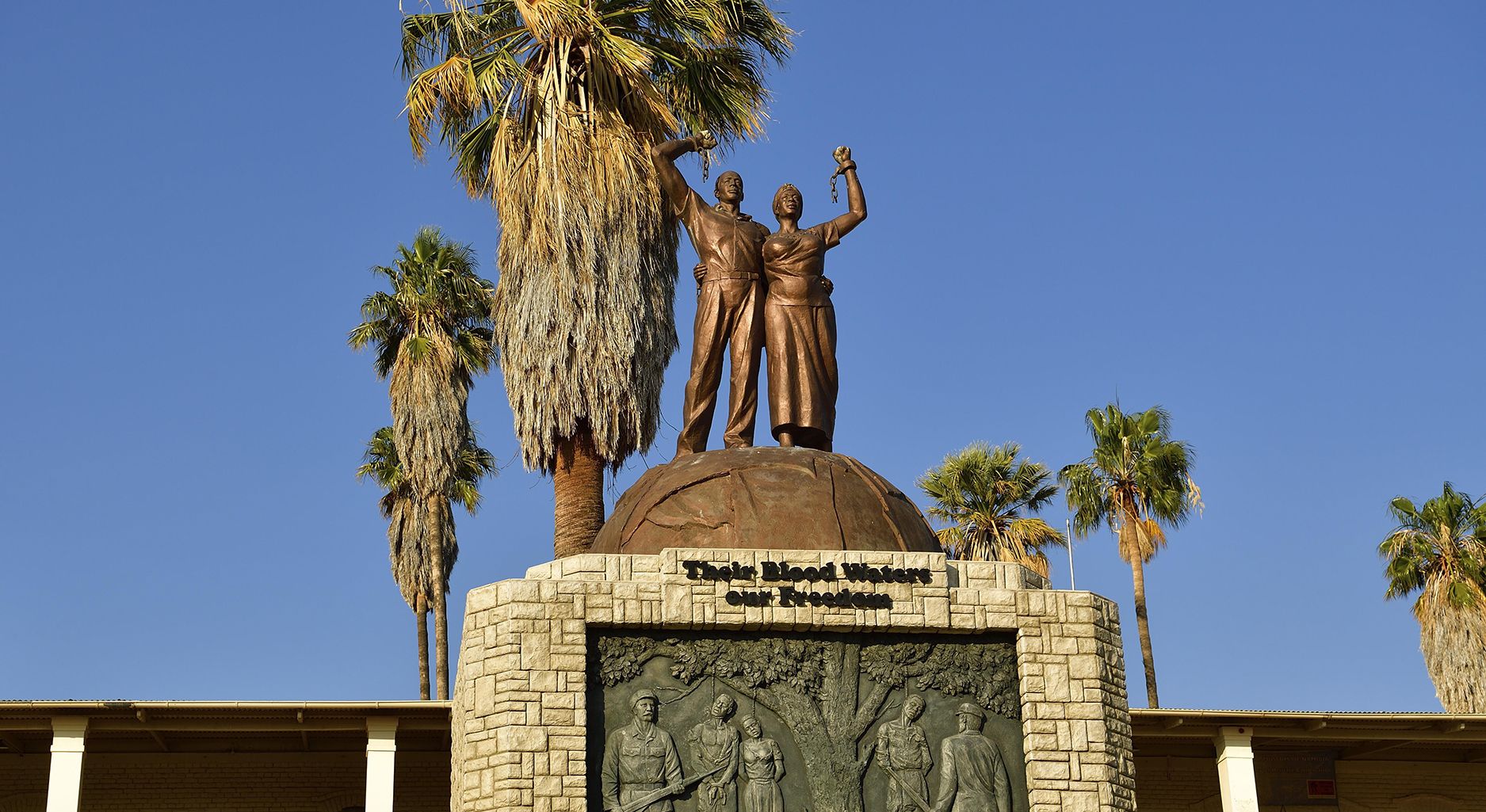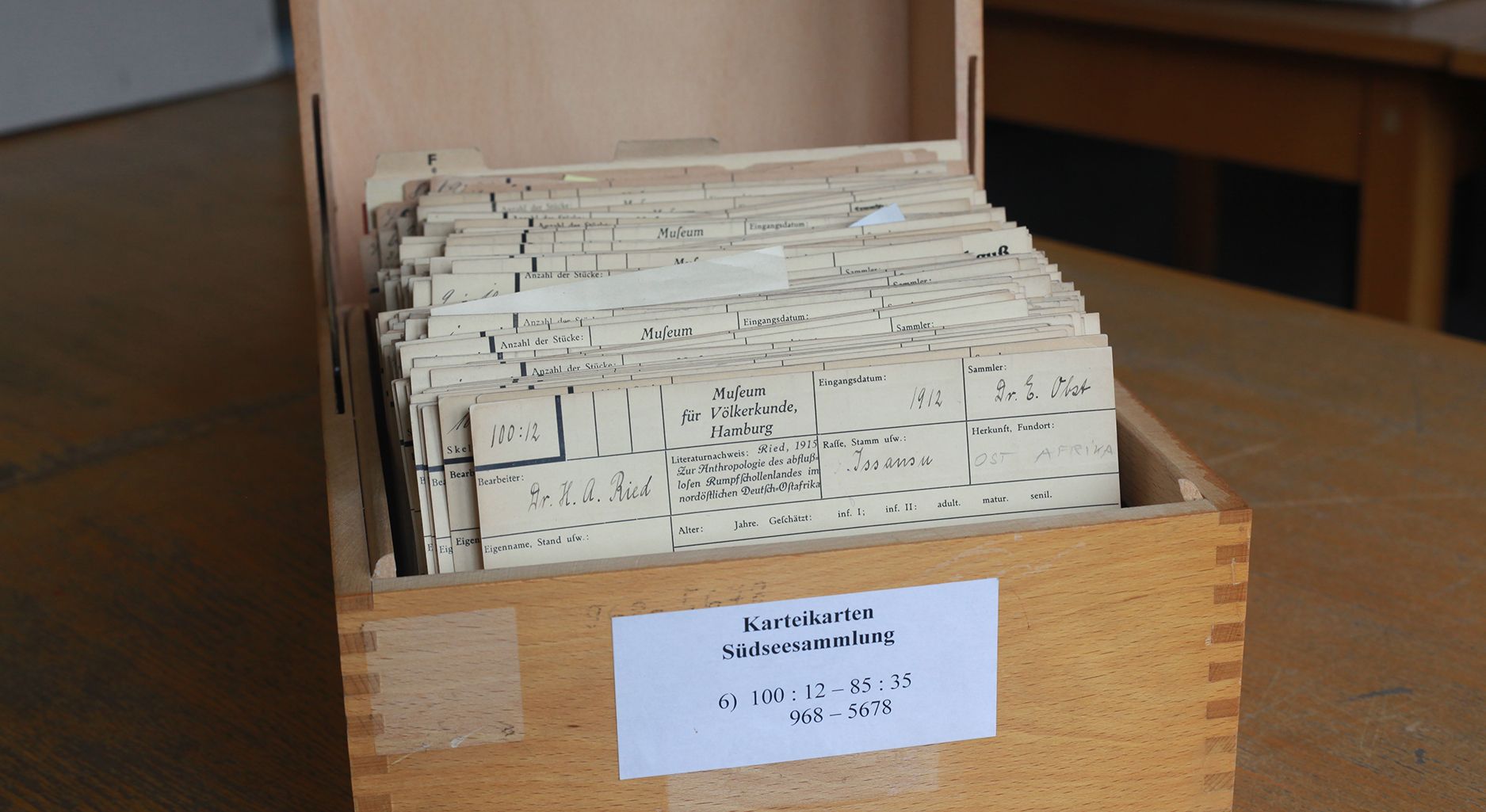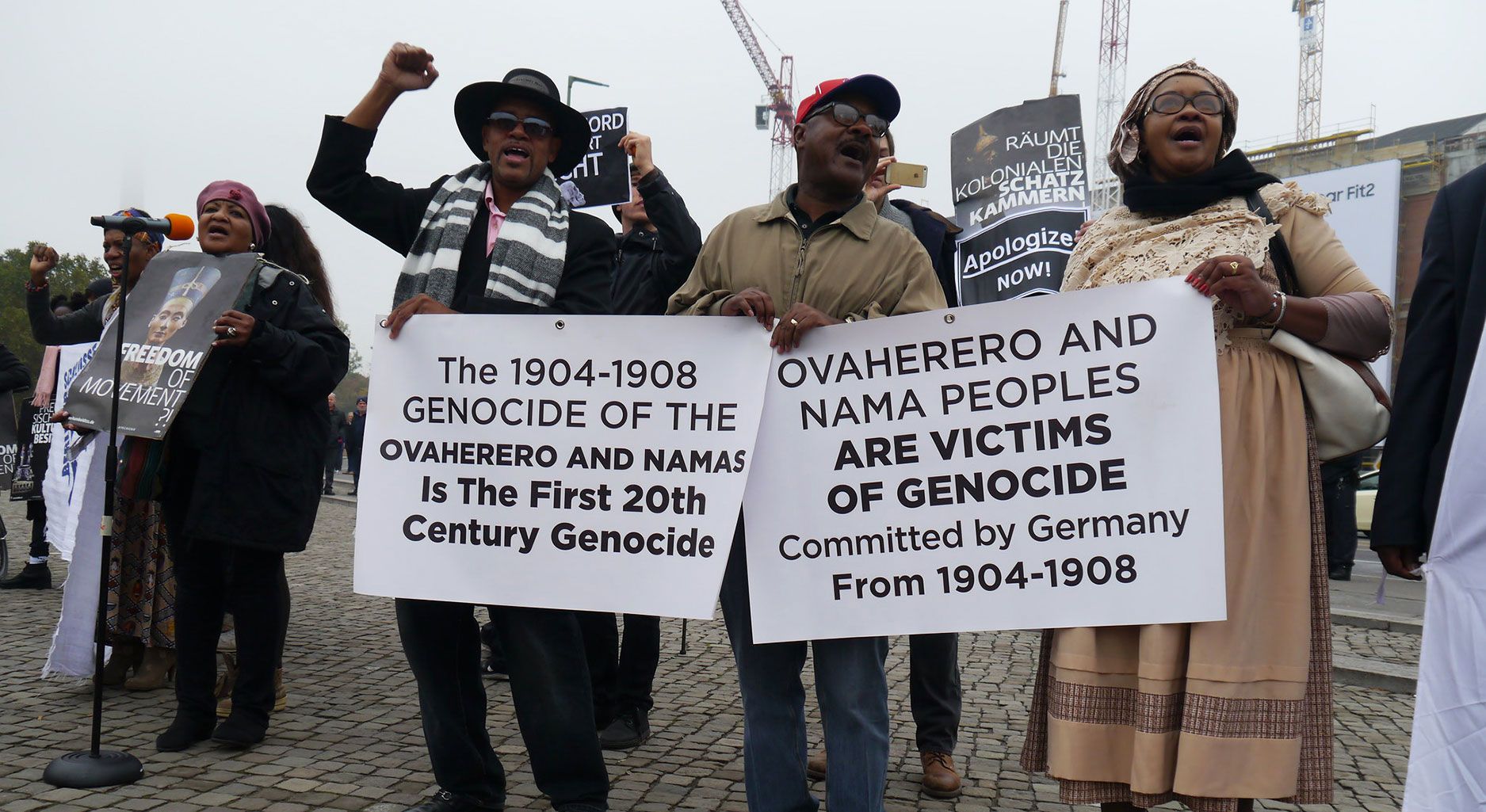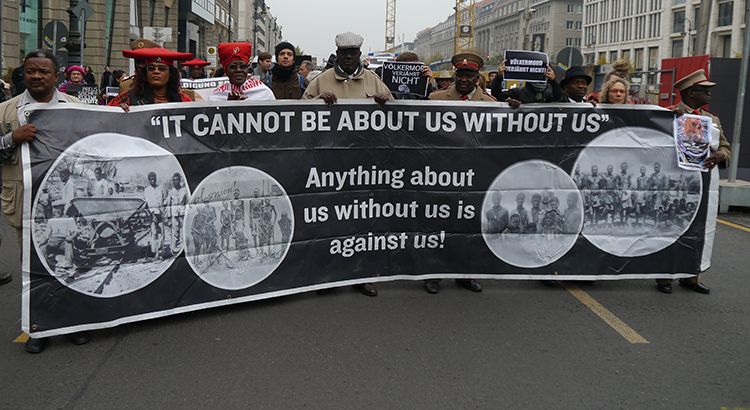Dealing with Germany’s First Genocide: Why Bilateral Negotiations with Namibia Failed and What the New Government Must Do
Since the end of the last Bundestag session it has become clear that although projected in the...



